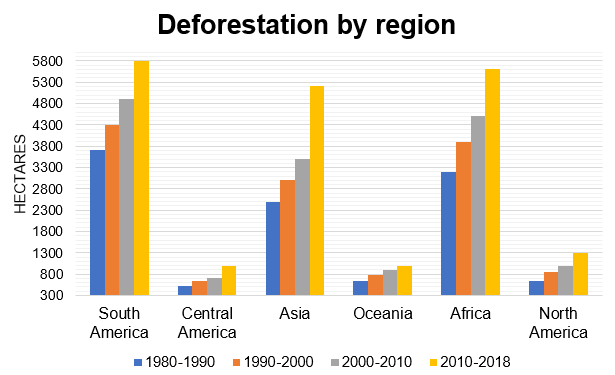LESSON GOAL
Let’s check our lesson goal.
In this material, you will learn the words and phrases that are used when talking about
environmental conservation and express your opinions about specific topics.
In this material, you will learn the words and phrases that are used when talking about
environmental conservation and express your opinions about specific topics.
この教材では、環境問題に関連した語彙や表現を学び、特定の話題について意見を述べる練習をします。
PART A_1
Choose the correct idiom to complete each sentence.
PART A_2
| breath of fresh air | ray of sunshine | raining cats and dogs |
| rain or shine | in the air | tip of the iceberg |
| 1. | Her __________ is to reach the peak of Mount Everest. |
| 2. | Her speech about saving the environment is just the __________ of the program. |
| 3. | It was a __________ after Manila Bay was cleaned by different organizations. |
| 4. | __________, volunteers will still help typhoon victims. |
| 5. | It’s been __________ for three days due to the typhoon. |
PART A_3
Make sentences using the given idioms.
PART A_4
| 1. breath of fresh air | |
| Answer: | |
| 2. ray of sunshine | |
| Answer: | |
| 3. raining cats and dogs | |
| Answer: | |
| 4. tip of the iceberg | |
| Answer: | |
| 5. rain or shine | |
| Answer: |
PART B_1
Study and analyze the graph carefully.
PART B_2

PART B_3
Use the following words to explain the data.
PART B_4
PART C_1
Let’s talk. Please answer my questions. You may ask me questions too.
PART C_2
| 1. | Describe the quality of the environment in your country. |
| Answer: | |
| 2. | Do you think humans can still slow down Global Warming? Why or why not? |
| Answer: | |
| 3. | Why do you think polar ice caps are melting? What can we do to stop them from melting? |
| Answer: | |
| 4. | If you were to write a letter to international environmental organizations, what would you say? |
| Answer: | |
| 5. | Where do you think we could get fuel for energy if the world has run out of oil? |
| Answer: |
REVIEW AND FEEDBACK
Now, let us review the things that you learned in this lesson.
ではこのレッスンで学んだことを振り返りましょう。
(Please give a short feedback on how your student did in your class.)
| Grammar 文法 |
Pronunciation 発音 | Vocabulary 単語 |
Comprehension 理解 |
|
|---|---|---|---|---|
 GOOD GOOD |
文法の誤りはほとんどなく、完全な文章で話すことができる | ほとんどの単語をはっきりと正しく発音することができる | 習った表現を適切に使うことができる | 文章を理解し、質問に正しく答えることができる |
 FAIR |
文法の誤りはあるが、完全な文章で話すことができる | 発音の練習が必要な言葉がいくつかある | たまにミスはあるが、習った表現を適切に使うことができる | 文章を完全に理解するのは難しく、質問に正しく答えられないときもある |
 POOR |
文章で話すのは難しく、単語だけで話すことができる | 発音の練習が必要である | 習った単語と表現を少しだけ使うことができる | 文章を理解するのは難しく、質問に答えるのは難しい |
レッスン教材に関するアンケートのお願い
レッスン教材の改善・拡充を図ることを目的とし、アンケートを実施しております。
以下のURLからアンケートにお答えいただき、 ご意見・ご要望をお聞かせください。
アンケートはこちら